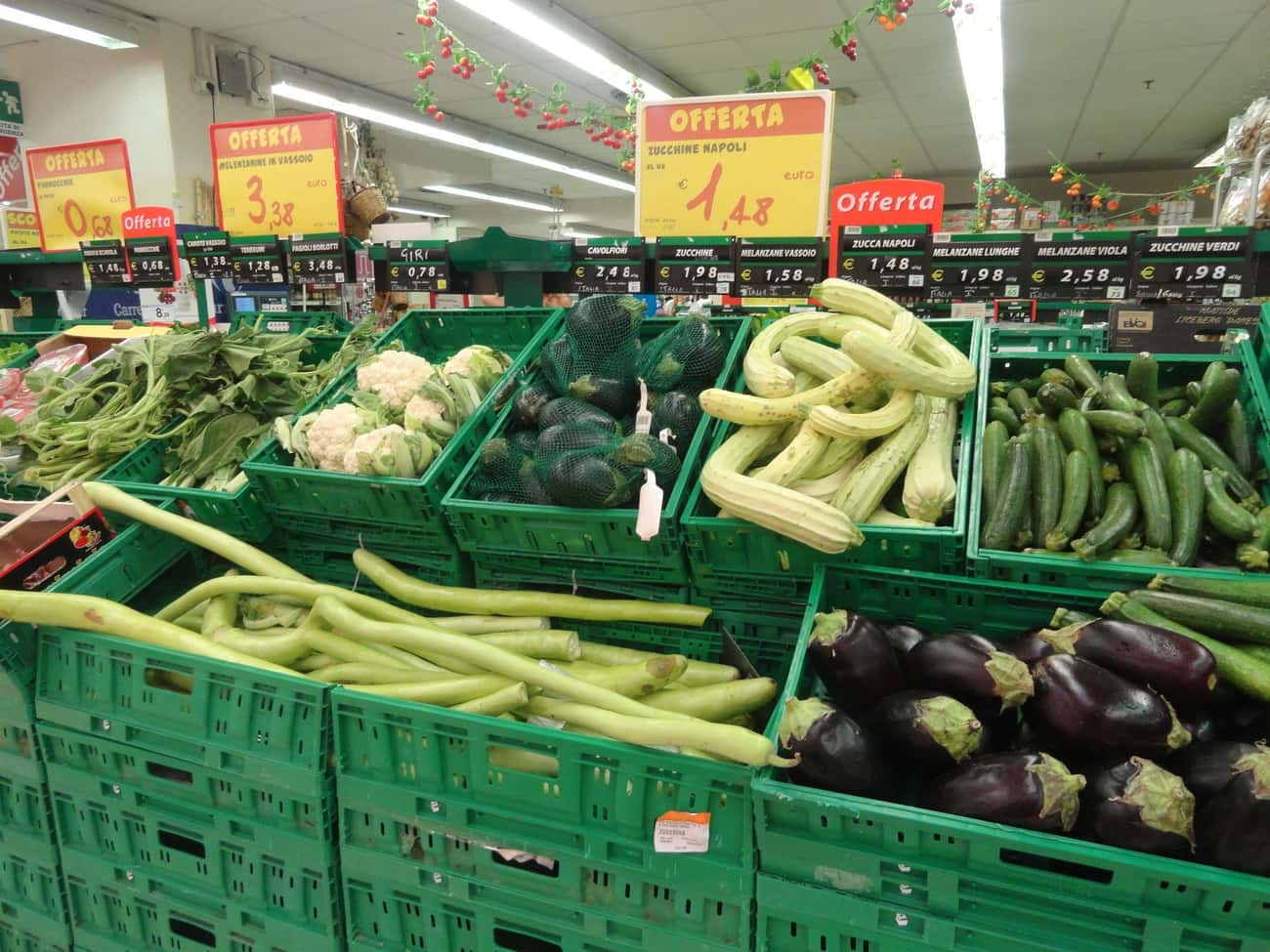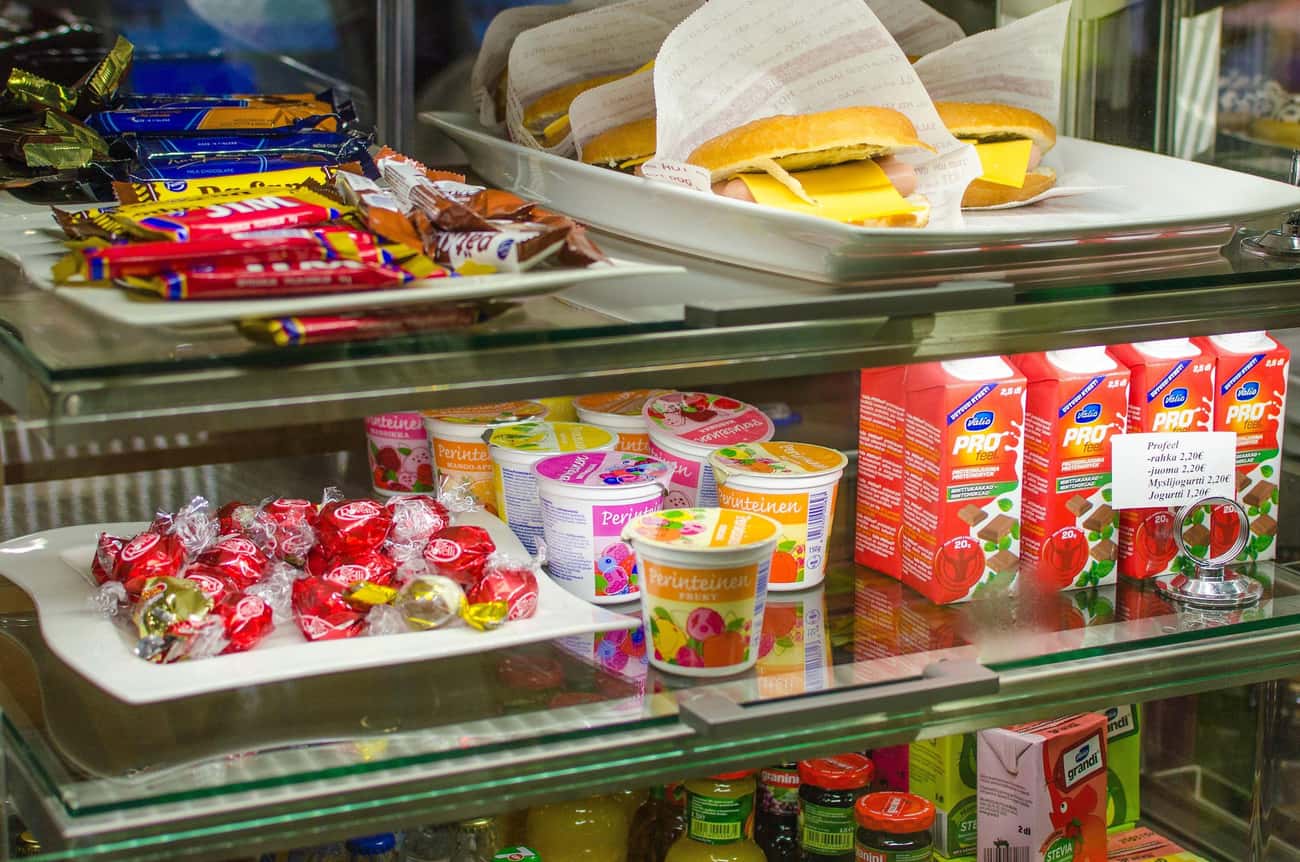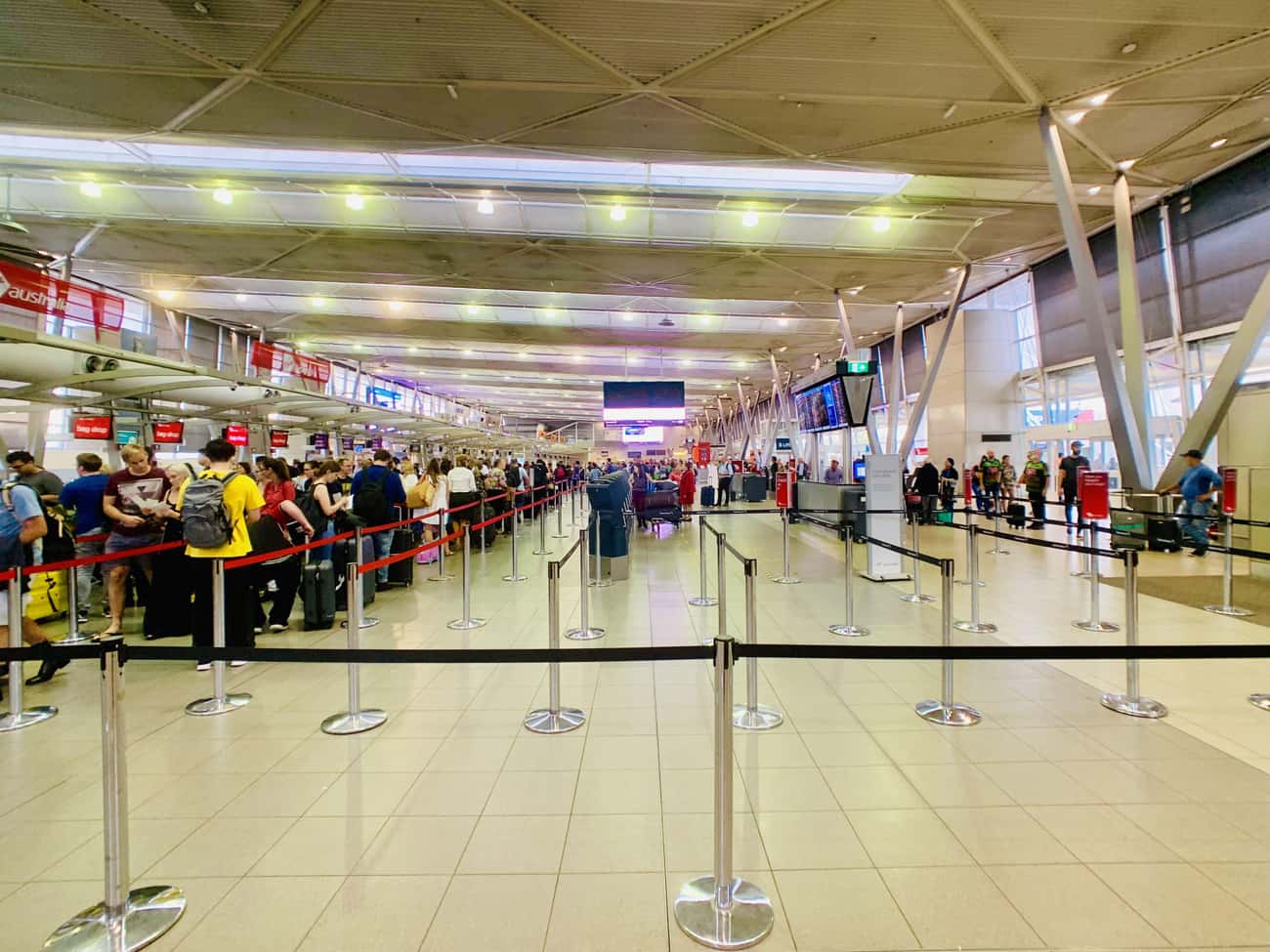Food is a vital aspect of every culture, and its production, distribution, and consumption are governed by laws and regulations. Each country has its own set of rules regarding food safety, labeling requirements, dietary restrictions, cultural practices, and more. Understanding these regulations is crucial for food businesses, travelers, and individuals interested in global food practices. In this article, we will explore the diverse laws and rules about food in other countries, shedding light on the various aspects that influence how food is handled and enjoyed worldwide.
In this section, we will provide a brief introduction to the topic, emphasizing the importance of understanding food laws and regulations when exploring international cuisines.
Laws And Rules About Food
#1 Hungry People Can Legally Steal Food In Italy

There is a common misconception that hungry people can legally steal food in Italy, but this is not accurate. Italy does not have a law that allows individuals to steal food when they are hungry. However, the country has implemented measures to combat food waste and support those in need through initiatives such as food banks and redistribution programs. It’s important to note that stealing food is a crime in Italy, as it is in most countries, and individuals are encouraged to seek assistance through proper channels to address their hunger.
#2 Ireland Does Not Consider Subway’s Bread Actual Bread

In Ireland, Subway’s bread is subject to a unique tax regulation that categorizes it as not being “actual bread.” Due to its high sugar content, Subway’s bread falls under the category of confectionery, according to the Irish tax law. This distinction means that Subway’s bread is not eligible for the same tax exemptions as other staple food items.
#3 France Banned Ketchup In School Cafeterias

#4 Chile And Mexico Banned Cartoon Cereal Mascots

#5 Little Debbie Swiss Rolls Are Banned In Norway And Austria

#6 Singapore Banned Chewing Gum For More Than A Decade

#7 Finland Tops The World In Terms Of Food Safety

#8 French Bakers Must Abide By Stringent Rules When Making Baguettes

#9 Mexico Puts Warning Labels On Nestlé Products Due To High Levels Of Sugar And Fat

#10 Australia Has Strict Entry Requirements For Overseas Travelers Arriving With Food

#11 It’s Against The Law To Feed Pigeons In Venice

Conclusion
In conclusion, laws and rules about food in other countries play a crucial role in ensuring food safety, protecting consumers, and preserving cultural practices. From food safety regulations to dietary restrictions, labeling requirements to cultural food practices, each country has its own unique set of laws that shape the way food is produced, distributed, and consumed. Understanding these regulations is essential for individuals, businesses, and travelers who wish to engage with global food practices responsibly and respectfully.
FAQs:
1: Are food safety regulations consistent across all countries?
Food safety regulations vary across countries due to differences in priorities, resources, and cultural practices. While there are international guidelines and standards, each country has the flexibility to tailor its regulations to best suit its specific needs and context.
2: How do cultural practices influence food laws?
Cultural practices heavily influence food laws, as they reflect the traditions, values, and beliefs of a particular society. Cultural practices can influence everything from dietary restrictions to food preparation methods, leading to variations in food laws and regulations around the world.
3: What are some common labeling requirements?
Common labeling requirements include ingredient disclosure, allergen information, nutritional facts, and country of origin labeling. These requirements aim to provide consumers with transparent and accurate information about the food products they purchase.
4: What are the differences in organic regulations worldwide?
Organic regulations vary worldwide in terms of certification processes, labeling standards, and permitted practices. Some countries have strict regulations, while others have more relaxed standards. It is important for consumers to familiarize themselves with the organic regulations in their respective countries.
5: How are animal welfare standards regulated?
Animal welfare standards are regulated through legislation and oversight bodies. Different countries have their own set of regulations to ensure the ethical treatment of animals in food production, including guidelines for housing, transportation, and slaughter practices.


